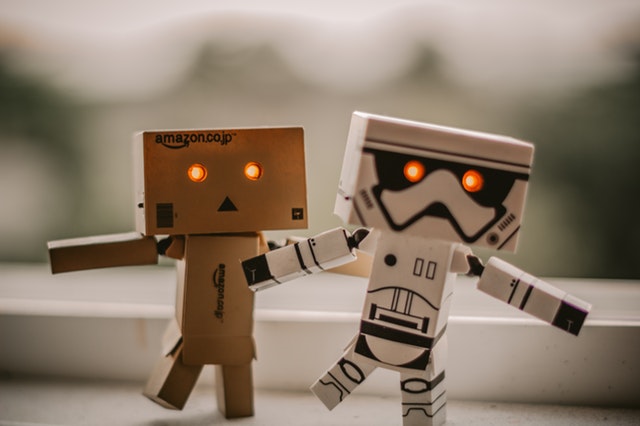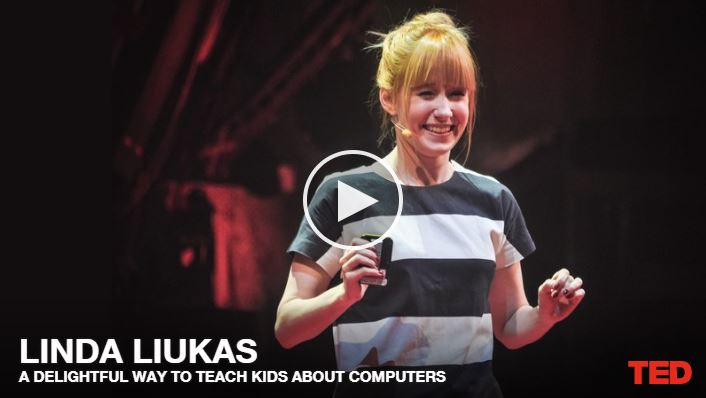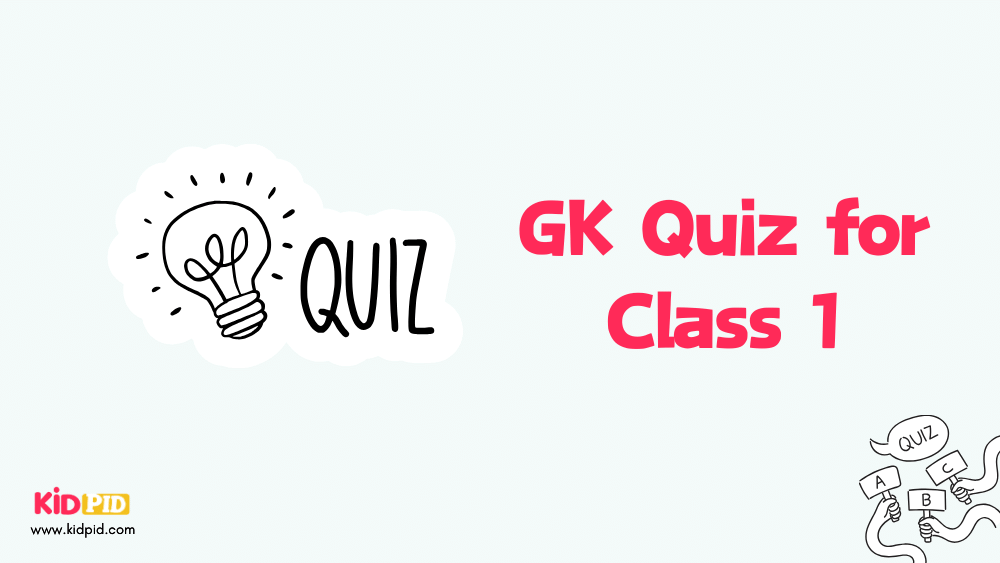What is Artificial Intelligence?

ARTIFICIAL INTELLIGENCE
Howdy Friends! When you talk to Siri or Google assistant, that is Artificial intelligence. But what is Artificial intelligence.
You know, HAL 9000 and Marvin the Paranoid Android? Thanks to books and movies, each generation has formed its own fantasy of a world ruled or at least served by robots. We’ve been conditioned to expect flying cars that steer clear of traffic and robotic maids whipping up our weekday dinner. But if the age of AI is here, why don’t our lives look more like the Jetson’s? Well, for starters, that’s a cartoon. And really, if you’ve ever told Alexa to order a pizza, you’re probably interacting with artificial intelligence more than you realize.
In basic terms, AI is displayed by machines such as computers in a way similar to humans. It’s able to observe the environment, learn and solve problems. So it’s not only programming a computer to drive a car by obeying traffic signals, but it’s when that program also learns to exhibit signs of human-like road rage. This technology isn’t new. Actually, for the past half-a-century, it’s been an idea ahead of its time.
Contents
Invention of Artificial Intelligence
The term “artificial intelligence” was first coined back in 1956 by Dartmouth professor John McCarthy who became one of the co-founders and leaders of AI. He called together a group of computer scientists and mathematicians to see if machines could learn like a young child does, using trial and error to develop formal reasoning. That was more than 60 years ago.
So where are we currently with the research?
So far we have nailed Weak AI, also referred to as Narrow AI. Weak AI is able to solve just one specific task. It can beat you in chess, keep your mailbox free of spam, drive a car or recommend you a song based on what you’re listening to.
The next stage is Strong AI, also called General AI. Strong AI refers to intelligence of a computer which could perform any intellectual task that a human being can.
Basically it would be as smart as we are. This is much harder to create, and we will have to wait for it. After we reach Strong AI, it should be only a matter of time, till we achieve Superintelligence. Superintelligence would possess intellect much smarter than the brightest and most gifted human minds. Although it is possible it will never happen.
At the far end of the spectrum is machine learning, and honestly, it’s one of the most exciting areas of AI.
Like a human, a machine retains information and becomes smarter over time. But unlike a human, it’s not susceptible to things like short-term memory loss, information overload and distractions.
But how do these machines actually learn?
Well, while it may be easy for a human to know the difference between a cat and a dog, for a computer, not so much. You see, when you’re only considering physical appearance, the difference between cats and dogs can be a little gray. You can say cats have pointed ears and dogs have floppy ears, but those rules aren’t universal. Between tail length, fur texture, and color, there are a lot of options, and that means a lot of tedious rules someone would have to program manually to help a computer spot the difference.
But remember, machine learning is about making machines learn like humans. That means they have to learn by experience. With machine learning, programs analyze thousands of examples to build an algorithm. It then tweaks the algorithm based on if it achieves its goal. Over time, the program actually gets smarter. That’s how machines like IBM’s Watson can diagnose cancer. Some programs even mimic the way the human brain is structured, complete with neural networks that help humans and now machines solve problems. Generations have long imagined the consequences of AI, visualizing a society where machines seek revenge and wreak havoc on human society.
However, the more logical and pressing question is:
Will AI make the computers powerful than humans?
It’s human and machine versus problem. The point is that artificial intelligence helps you accomplish more in less time, taking on the repetitive tasks of your job while you master the strategy and relationships. That way, humans can do what they do best. Be human.






Responses